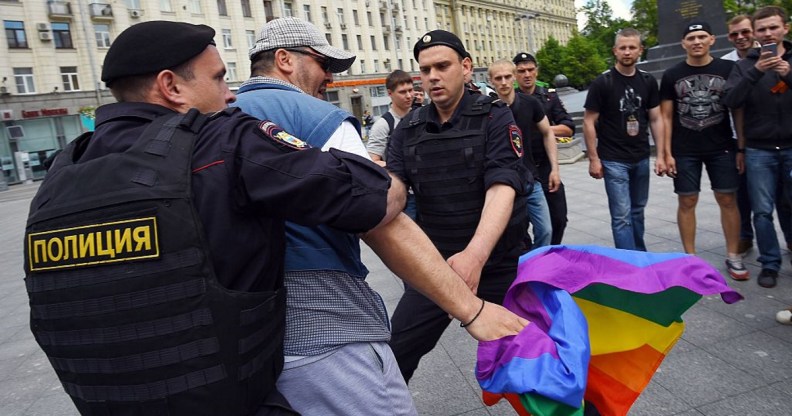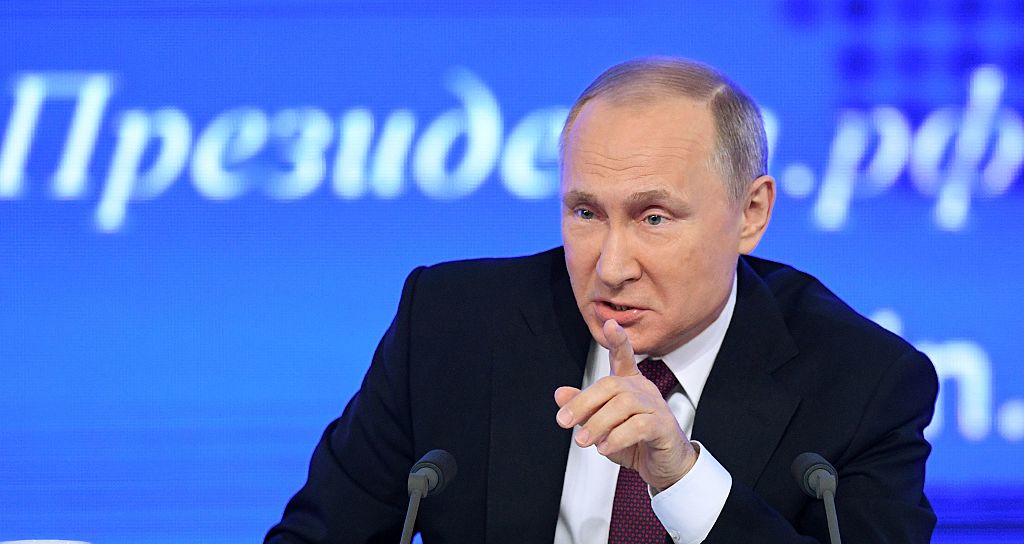European judges just said Russia’s ‘gay propaganda’ law encourages homophobia

The European Court of Human Rights has ruled that Russia’s “gay propaganda” law is discriminatory and fuels homophobia.
The judges said Russia had discriminated against three gay rights activists who opposed the law and brought the issue to the court.
The law also “reinforced stigma and prejudice and encouraged homophobia”, the ruling said.

The judges concluded that the law breached European treaty rules on freedom of expression.
“The very purpose of the laws and the way they were formulated and applied in the applicants’ case had been discriminatory and, overall, served no legitimate public interest,” the Strasbourg-based court said.
“Indeed, by adopting such laws, the authorities had reinforced stigma and prejudice and encouraged homophobia, which was incompatible with the values of a democratic society.”
It was adopted in 2013, outlawing “propaganda of non-traditional sexual relationships” among people under 18.
It also bans people sharing “distorted ideas about the equal social value of traditional and non-traditional sexual relationships”.
In January, a pride event due to take place in Salekhard, in the Arctic Circle, was banned because of the law.
Police stopped about 300 people from taking to the streets claiming it would be harmful to children’s “health and development”.
In 2012, pride events were banned in Moscow for 100 years.
Last year, Russian MPs called for football video game FIFA 17 to be banned because it allowed players to take part in the rainbow laces campaign.
A special Pride-themed football kit was made available as a free download for FIFA 17 players across PC, Xbox and Playstation gaming platforms as part of the tie-up.
Russian censorship body Roskomnadzor was urged to open a probe into the potential violation of the ‘gay propaganda’ law.
Earlier this year, the author of the gay propaganda law also offered legislation that meant those who commit domestic violence can avoid prison.

